World Encyclopaedia of Mass Communication Ethics: Asian Codes of Media Ethics (In 6 Volumes)
Synopsis
Mass Communication Ethics including Journalism and Media Ethics is the subdivision of applied ethics dealing with the specific ethical principles and standards of media, including broadcast media, film, theatre, the arts, print media and the internet. The field covers many varied and highly controversial topics, ranging from war journalism to Benetton advertising.
The ethics of journalism is one of the most well-defined branches of media ethics, primarily because it is frequently taught in schools of journalism. Journalistic ethics tends to dominate media ethics, sometimes almost to the exclusion of other areas. News can manipulate and be manipulated. Governments and corporations may attempt to manipulate news media; governments, for example, by censorship, and corporations by share ownership.
Revelation of military secrets and other sensitive government information may be contrary to the public interest, even if it is true. The definition of public interest is hard. Salacious details of the lives of public figures is a central content element in many media. Publication is not necessarily justified simply because the information is true. Privacy is also a right, and one which conflicts with free speech.
Photo journalists who cover war and disasters confront situations which may shock the sensitivities of their audiences. For example, human remains are rarely screened. The ethical issue is how far should one risk shocking an audience's sensitivities in order to correctly and fully report the truth.
This Encyclopaedia will be of great help for the students of M.A. / M.A. / M.Sc. / M.Phil / Ph.D in Journalism, Mass Communication, Media Ethics and related subject.
Read more
The ethics of journalism is one of the most well-defined branches of media ethics, primarily because it is frequently taught in schools of journalism. Journalistic ethics tends to dominate media ethics, sometimes almost to the exclusion of other areas. News can manipulate and be manipulated. Governments and corporations may attempt to manipulate news media; governments, for example, by censorship, and corporations by share ownership.
Revelation of military secrets and other sensitive government information may be contrary to the public interest, even if it is true. The definition of public interest is hard. Salacious details of the lives of public figures is a central content element in many media. Publication is not necessarily justified simply because the information is true. Privacy is also a right, and one which conflicts with free speech.
Photo journalists who cover war and disasters confront situations which may shock the sensitivities of their audiences. For example, human remains are rarely screened. The ethical issue is how far should one risk shocking an audience's sensitivities in order to correctly and fully report the truth.
This Encyclopaedia will be of great help for the students of M.A. / M.A. / M.Sc. / M.Phil / Ph.D in Journalism, Mass Communication, Media Ethics and related subject.
630.00
567
$
700.00 $
Free delivery Wolrdwidе in 10-18 days
Ships in 1-2 days from New Delhi
Membership for 1 Year $35.00
Get it now and save 10%
Get it now and save 10%
BECOME A MEMBER
Books by the same authors

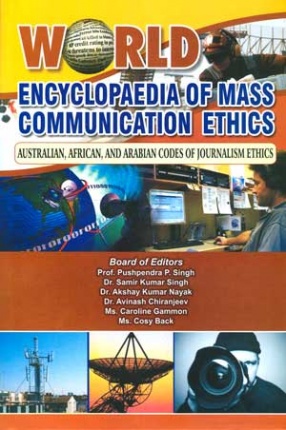
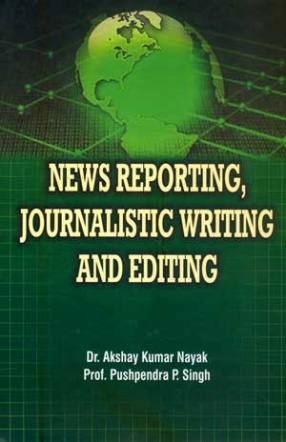
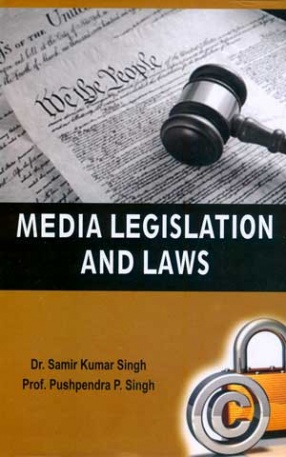
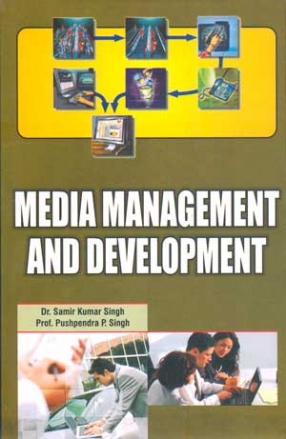
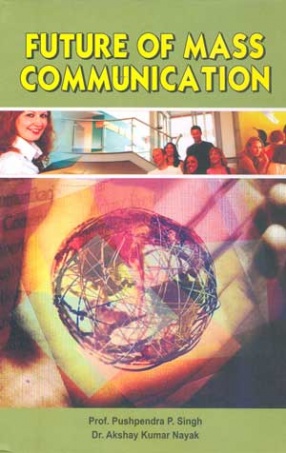
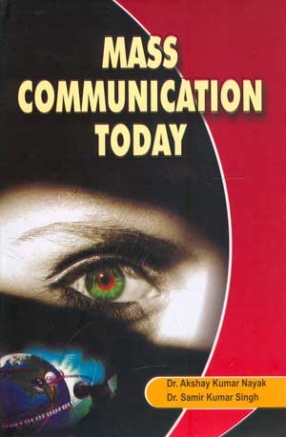
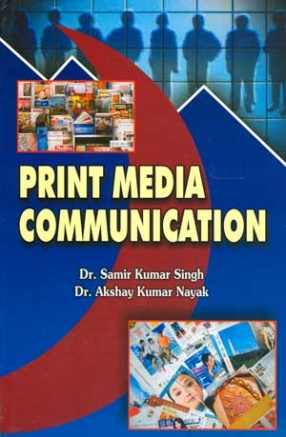
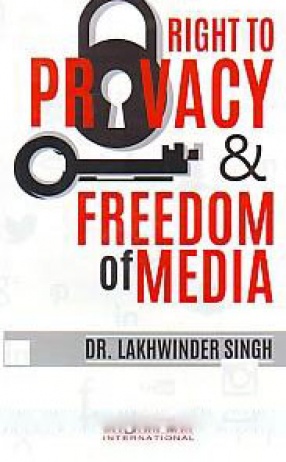
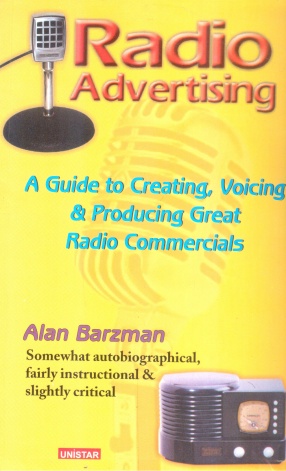
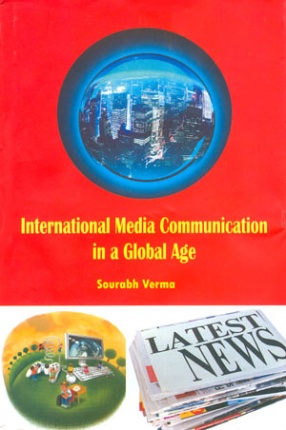
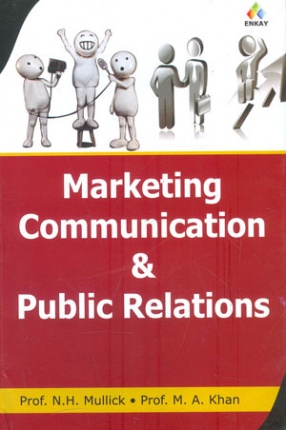

Bibliographic information
Samir Kumar Singh
Akshay Kumar Nayak